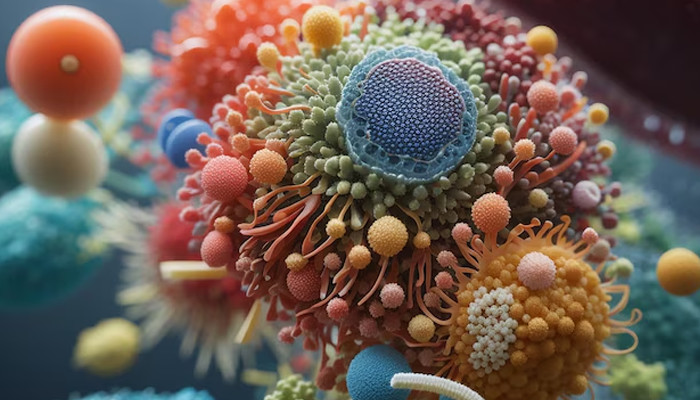
Researchers at Lund University in Sweden have developed a revolutionary artificial intelligence (AI) tool that can track a person's recent locations by analysing microorganisms, including fungi, algae, and bacteria, on the body with 92% precision.
This progressive technology works by detecting distinct microbial signatures left behind by human activity in different environments. Researchers created a system called Microbiome Geographic Population Structure (mGPS), which uses AI to map locations based on the microbiomes linked with those regions.
AI technology track locations using microbiomes: A revolutionary breakthrough
The researchers discovered that microorganisms function as microscopic fingerprints, with microbial communities displaying geographical patterns similar to human populations. This understanding led to the creation of the breakthrough AI tool to analyse these microbial patterns and track individuals' locations.
Lund University Biology researcher Eran Elhaik stated: “In contrast to human DNA, the human microbiome changes constantly when we come into contact with different environments.”
“By tracing where your microorganisms have been recently, we can understand the spread of disease, identify potential sources of infection, and localise the emergence of microbial resistance. This tracing also provides forensic keys that can be used in criminal investigations,” he added.
mGPS AI model shows 92% precision in identifying city of origin
This development was made possible by months of efforts by a team of researchers who trained their AI model using a diversified amount of microbiome samples gathered from a range of environments. The dataset comprised microbial genomes sourced from subway systems and urban areas across 53 cities, 237 soil samples gathered from 18 different countries and 131 marine samples from different coastal regions.
The study demonstrated that the Microbiome Geographic Population Structure (mGPS) model was exceptionally precise, accurately identifying the city of origin for 92% of the samples, a result that is highly commendable.
















